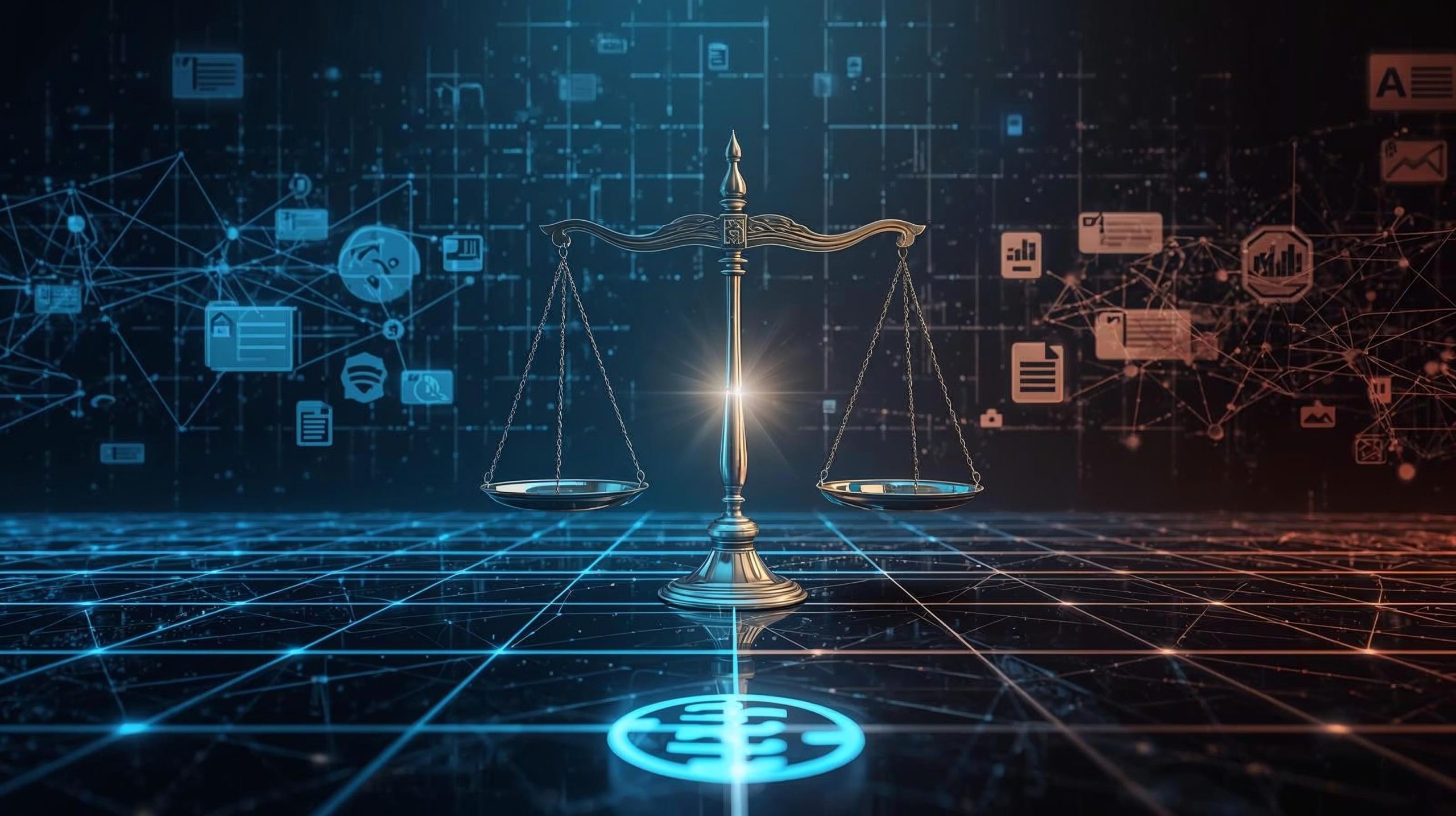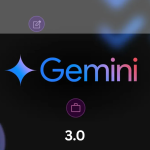
A major antitrust win for Meta may reshape how regulators and Big Tech navigate future legal boundaries.
When the ruling dropped in Washington, it marked a rare defeat for the U.S. government’s most aggressive attempt yet to rein in a digital giant. The Meta FTC antitrust case ended with a sweeping win for Meta, allowing the company to retain control of WhatsApp and Instagram after years of litigation.
The decision may have closed one courtroom chapter, but it opened a bigger debate about how far regulators can go to challenge dominance in the tech economy.
Meta’s legal battle began with the Federal Trade Commission’s argument that its acquisitions of Instagram and WhatsApp created an illegal monopoly in social networking. The agency sought a breakup, arguing that Meta had used its power to stifle competition and limit innovation.
But after years of scrutiny, the judge’s decision sided with Meta, ruling that the FTC failed to prove its case under current antitrust law.
The Law vs. Innovation
At the heart of the case lies a simple question: how do you measure monopoly power in a world where products are free and competition is driven by attention, not price?
Traditional antitrust laws were written for railroads and oil companies, not social media platforms connected by algorithms and data. The case exposed how ill-suited older legal frameworks are for dissecting the dynamics of network effects, where the value of a product rises as more people use it.
Meta’s argument leaned heavily on this idea. It claimed users have endless choice across digital platforms, from TikTok and YouTube to new messaging apps, undermining the theory that Meta holds a true monopoly.
The court agreed, effectively stating that competition in digital ecosystems cannot always be boxed into classical antitrust definitions.
The Stakes for Big Tech and Beyond
This outcome reverberates far beyond Meta’s own walls. For Meta, it means business as usual: continued integration across platforms, shared infrastructure, and unified commerce systems.
For regulators, it signals a sobering realization that the current playbook for policing Big Tech may not be enough.
The FTC’s lawsuit was meant to be a precedent-setting case for structural breakup. Instead, it highlighted the growing gap between innovation and regulation.
That gap matters because it shapes who holds power over digital communication, advertising, and user data. If regulators cannot limit tech consolidation under existing frameworks, it may take new approaches or legislation to redefine what a monopoly means in the AI and data-driven era.
Shifting Global Context
Outside the United States, regulators are already moving faster. Europe’s Digital Markets Act, for example, imposes strict gatekeeper rules on dominant platforms. The U.S., however, still applies antitrust law built for a very different economy.
The Meta ruling may intensify calls within Congress to update those laws, giving regulators clearer paths to address market concentration driven by data and algorithmic networks.
For now, Meta’s victory grants Silicon Valley breathing room. But the question lingers: does winning legally mean winning ethically?
The decision leaves unresolved issues about privacy, user influence, and the social costs of dominance that legal definitions cannot capture.
The Bigger Picture
The Meta FTC antitrust case will be remembered as more than a courtroom win for one company. It reflects a tension playing out across the digital economy: innovation races ahead while regulation struggles to adapt.
The decision does not end scrutiny of Big Tech; it only shifts the battlefield from courts to Congress and international agencies.
For consumers and competitors alike, the next contest may not be about breaking companies apart but about rewriting the rules that hold them together.













